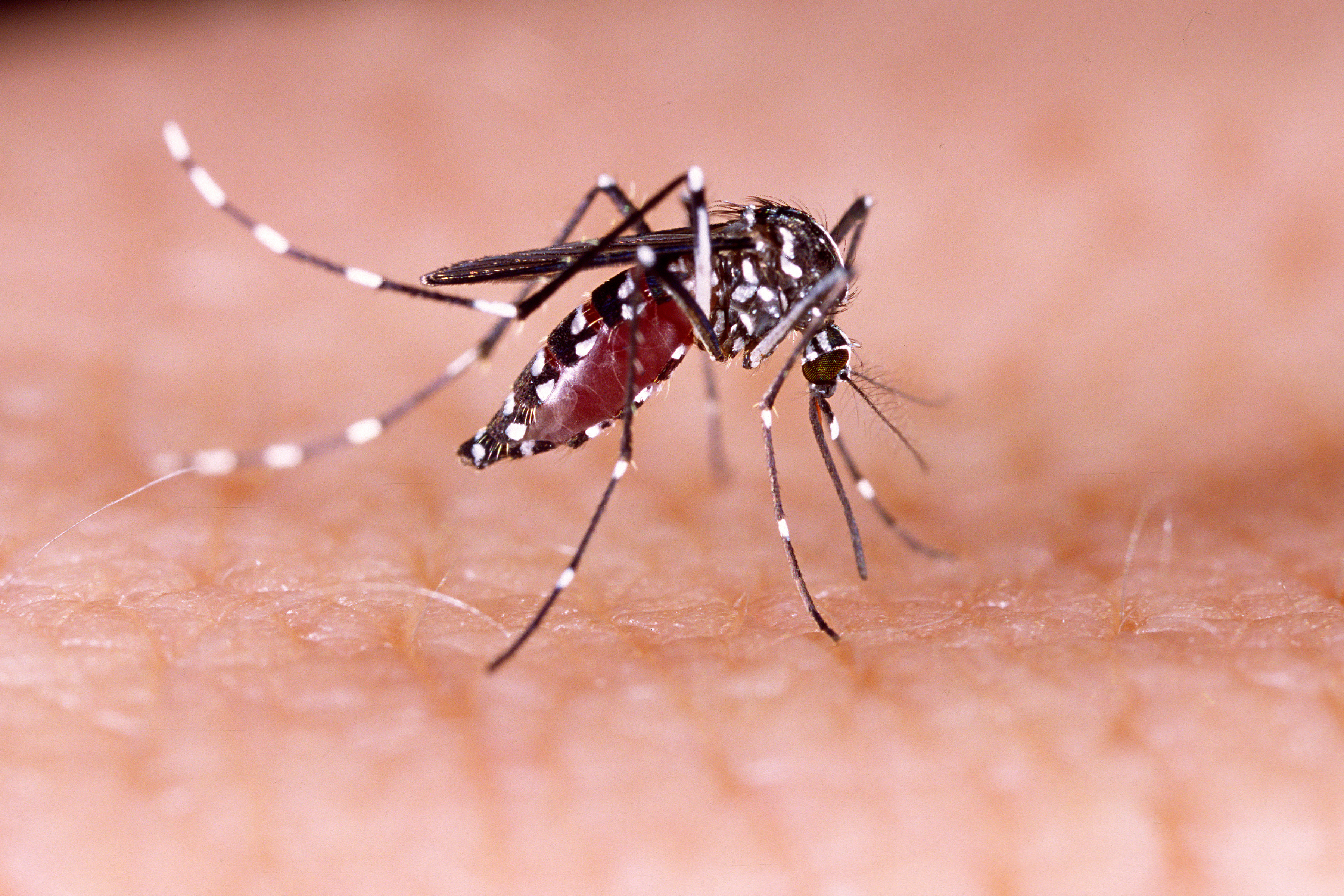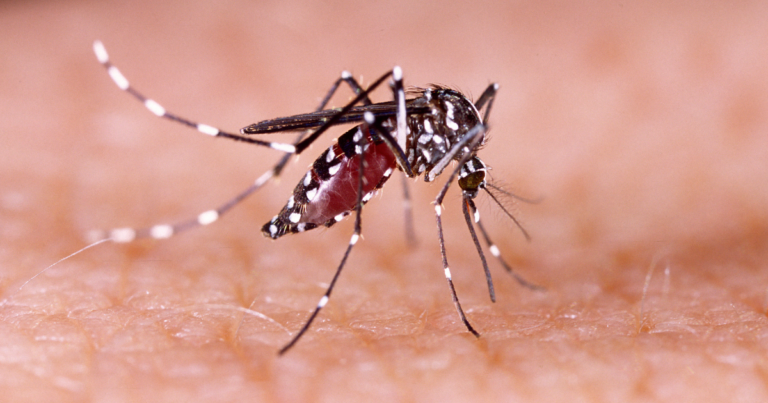 In this guest post, Joshua M. Wong, M.D., from the Centers for Disease Control and Prevention, shares the latest information on the growing risk of dengue fever internationally, domestically transmitted cases in the United States, and recommendations for clinicians.
In this guest post, Joshua M. Wong, M.D., from the Centers for Disease Control and Prevention, shares the latest information on the growing risk of dengue fever internationally, domestically transmitted cases in the United States, and recommendations for clinicians.
In 2023, the most travel-associated dengue cases were reported to CDC since dengue became reportable in the United States in 2010. These trends reflect the increasing risk of dengue fever internationally, with outbreaks reported in at least 23 countries and more than 5 million cases in 2023. Cases reported to the World Health Organization. Dengue infections have increased globally over the past 20 years, with outbreaks occurring in many popular destinations for U.S. travelers.
Because most dengue cases reported in the continental United States and Hawaii occur in travelers, CDC advises clinicians to advise patients to avoid mosquito bites and to prevent dengue fever in at-risk patients early. It advises people to be aware of this and carry out appropriate testing for dengue fever. Additionally, the type of mosquito that spreads dengue fever is common in many areas of the United States, making community transmission of dengue possible. Community transmission in U.S. states is limited to sporadic or limited outbreaks, although locally transmitted dengue cases have been reported in Florida, Hawaii, Texas, Arizona, and California.
Recommendations
- During travel and for two weeks after returning from a trip to a dengue-endemic area, clinicians should encourage patients to use Environmental Protection Agency-registered insect repellents, wear loose-fitting, long-sleeved shirts and pants, and protect themselves from mosquitoes. You should be advised to avoid being bitten. If possible, use window and door screens or air conditioning.
- Clinicians should consider dengue fever in the differential diagnosis when febrile patients exhibit signs and symptoms of dengue fever in the following two groups:
Learn more about dengue fever
- An estimated 40% to 80% of dengue virus infections are asymptomatic.
- Dengue fever is usually a mild illness. However, in approximately 5% of cases, the disease can progress to severe disease with shock, severe bleeding, or organ damage.
- Mortality in untreated patients can be as high as 13%.
- Although early clinical findings are nonspecific, a high index of suspicion exists because recognition of danger signs and prompt initiation of intensive supportive care can reduce the risk of death in severe dengue patients to less than 0.5%. is required.
- Clinicians should closely monitor patients for warning signs. The presence of warning signs may predict severe dengue fever in patients. People who develop severe dengue fever may require close observation and frequent monitoring in an intensive care unit. A patient with signs and symptoms consistent with dengue fever can be tested with a nucleic acid amplification test or a DENV NS1 test and an IgM antibody test within 7 days of the onset of symptoms. An IgM antibody test is recommended 7 days after the onset of symptoms.
- Dengue fever is a nationally notifiable disease in the United States. Report all suspected cases to your local health department.
Additional resources are available from the CDC for clinicians and patients.


